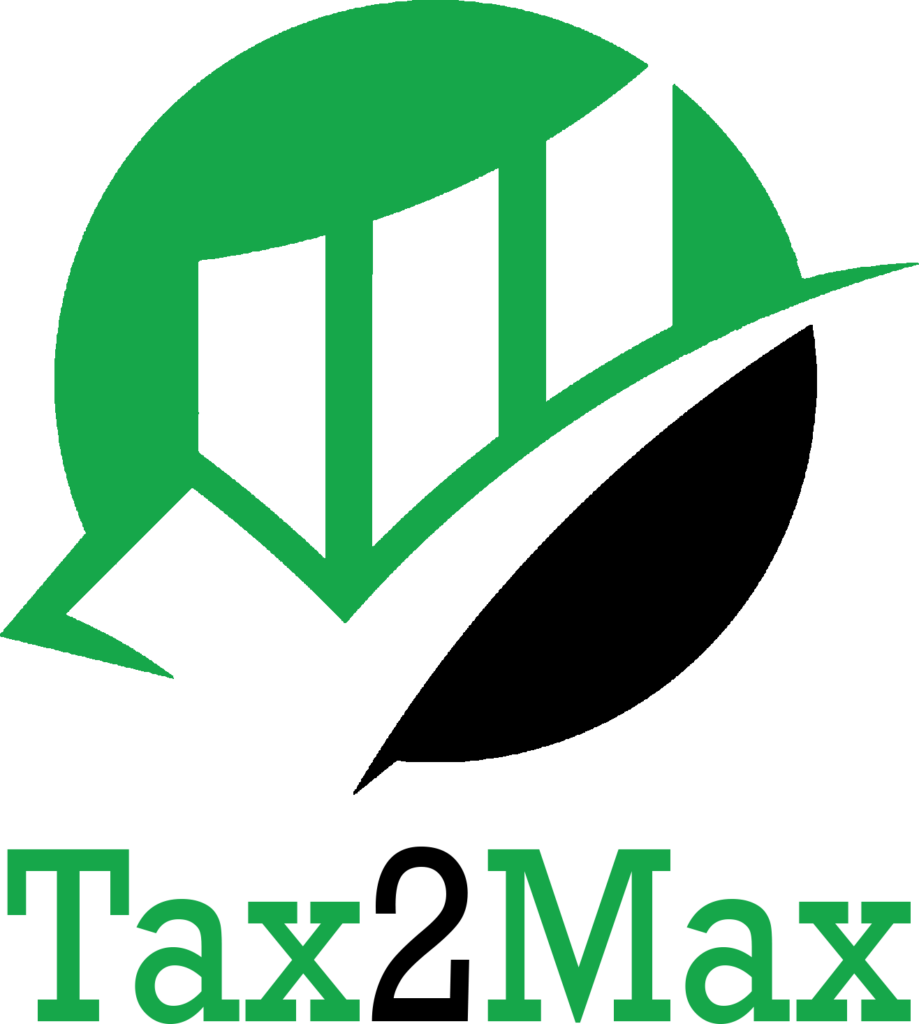FAQs
Electronic Filing (e-File) is the most popular method of filing taxes. Over One Hundred Million personal income taxes are filed each year.
Electronic Filing involves formatting the data of a tax return into an electronic form and then transmitting that data to the IRS and certain states via secure encrypted Internet connection such as SSL individually or in batches.
1. Personal Information
2. Tax Identification Numbers are mandatory items on your checklist.
3. Your social security number or tax ID number
4. Your spouse’s full name, social security number or tax ID number, and date of birth
5. Identity Protection PIN, if one has been issued to you, your spouse, or your dependent by the IRS
6. Routing and account numbers to receive your refund by direct deposit or pay your balance due if you choose
If your return is REJECTED, we will communicate to you:
1. The date of rejection
2. Why it was rejected
3. What you need to do to correct the error
4. If the return will not be retransmitted, or is not transmittable, the instructions on how and when you need to file your return with the IRS.
Most of the rejects occur due to errors in the Social Security Numbers (SSNs), birth dates or the Employer ID Numbers. Please check these numbers very carefully. Also, if there has been a name change (such as by marriage) and not reported to the Social Security Administration, returns with such SSNs will reject.
Yes. The IRS and states allow the taxpayer to request that their personal income tax refunds be sent by direct deposit to their bank account at no additional charge. The IRS states that the Direct Deposit option is the fastest way to receiving refunds from the IRS.
You can claim a “qualifying child” or “qualifying relative” if they meet specific requirements related to residence, relationship to you, age, financial support provided and income. So, yes, you may be able to claim your significant other or friend as a qualifying relative in some cases. You no longer get a dependent exemption for your dependent, but being able to claim them can also make you eligible for other tax benefits like the Other Dependent Credit (ODC) and the Earned Income Tax Credit (EITC).
You may be able to take the Other Dependent Credit worth $50
Typically, unemployment income is taxable and should be included in your income for the year. Some states may also count unemployment benefits as taxable income. When it’s time to file your taxes, you will receive Form 1099-G which will show the amount of unemployment income you received. Form 10
Typically, withdrawing money early from a retirement account comes with a 10 percent tax penalty if you withdraw your money before age 59-1/2 in addition to the regular income tax on the amount withdrawn. There can be other consequences, too. The retirement money may also bump you into a higher tax bracket, which can result in the taxation of other income, such as social security, that you may have not been taxed on otherwise.
The types of deductions you can take depend a lot on your life situation.
Many entrepreneurs are reluctant to write off the business use of their home for fear of being audited. But home office expenses are legitimate tax deductions you shouldn’t miss out on. Keep in mind the space you claim as a home office should be used exclusively and regularly for that purpose. Don’t forget to include the square footage of your home office used for product storage or inventory
